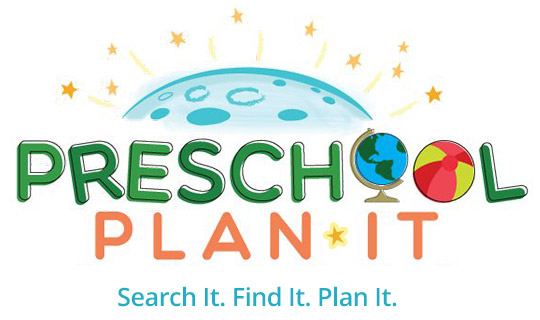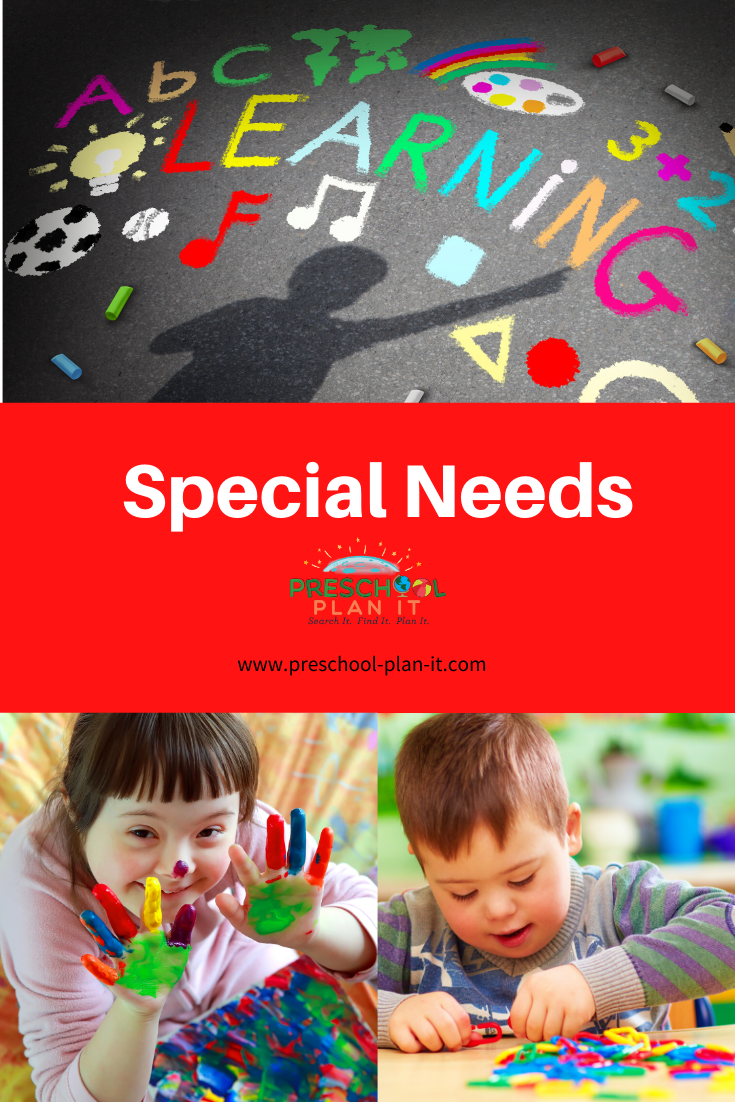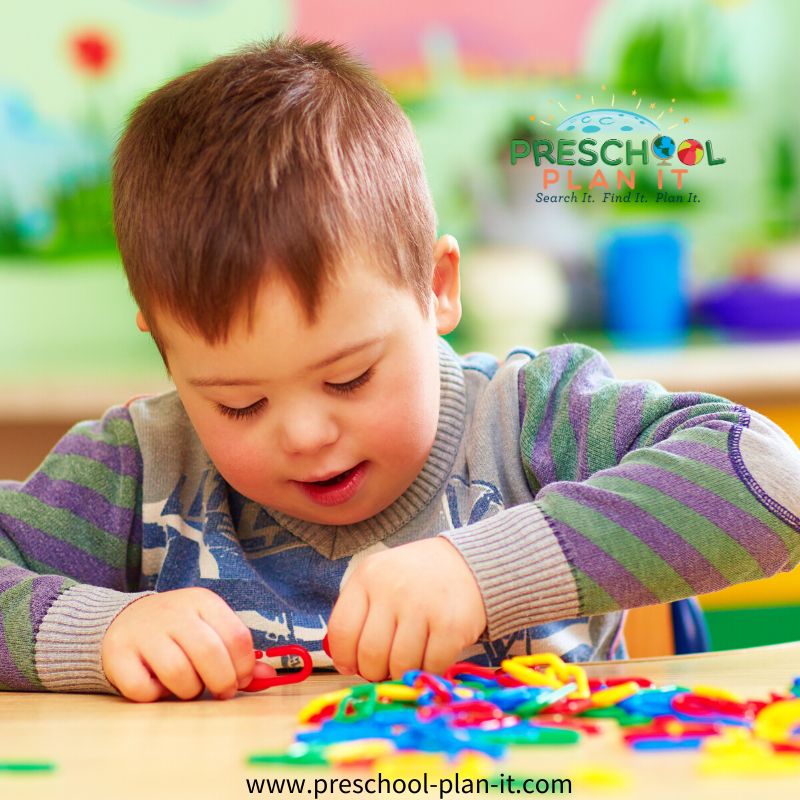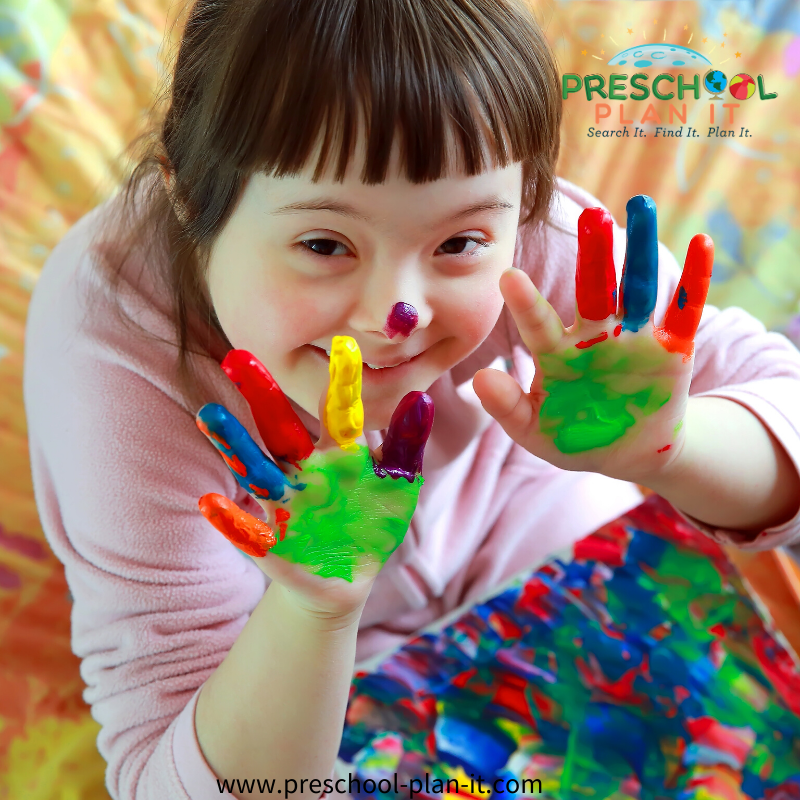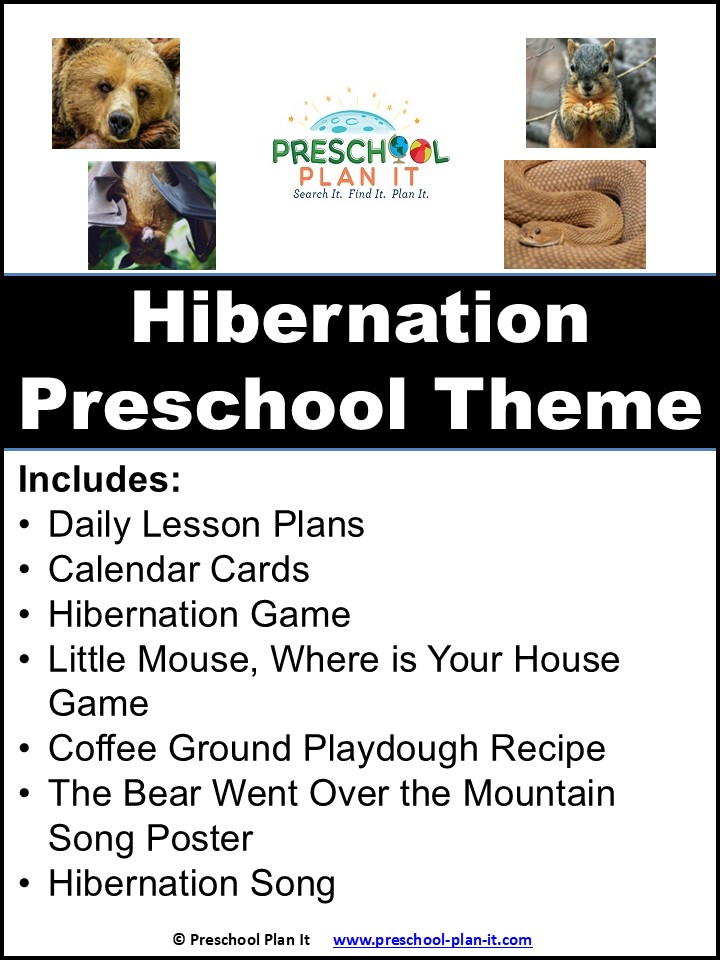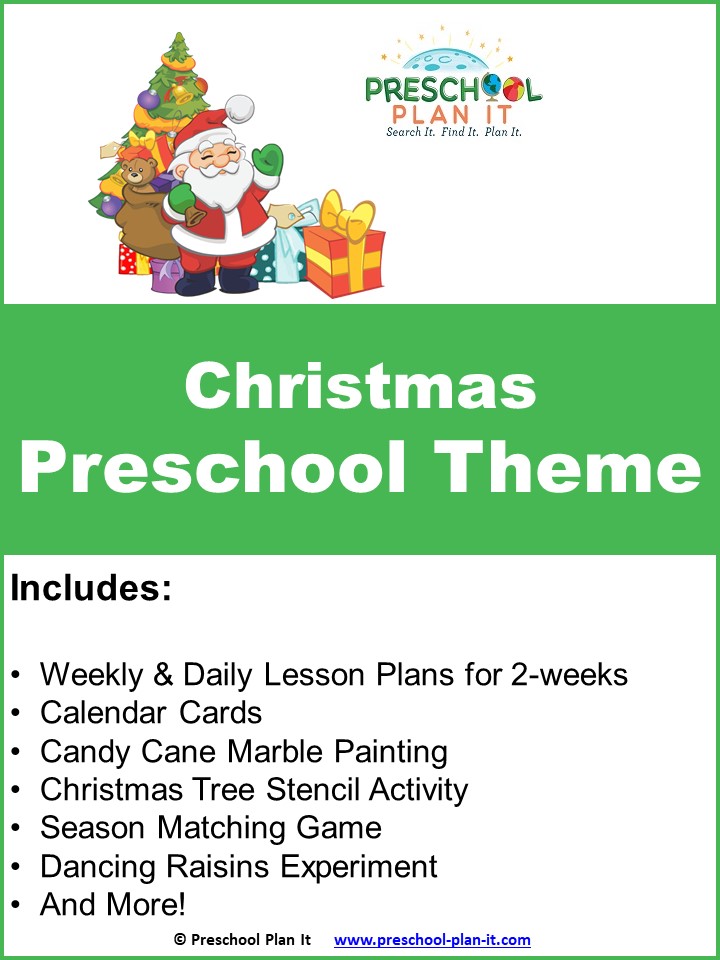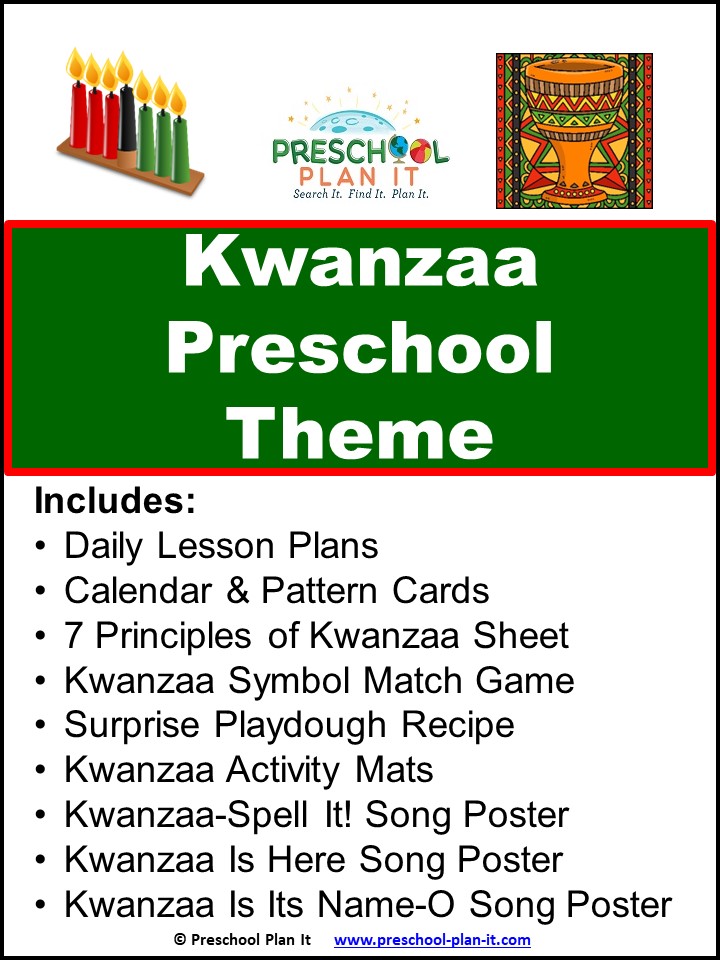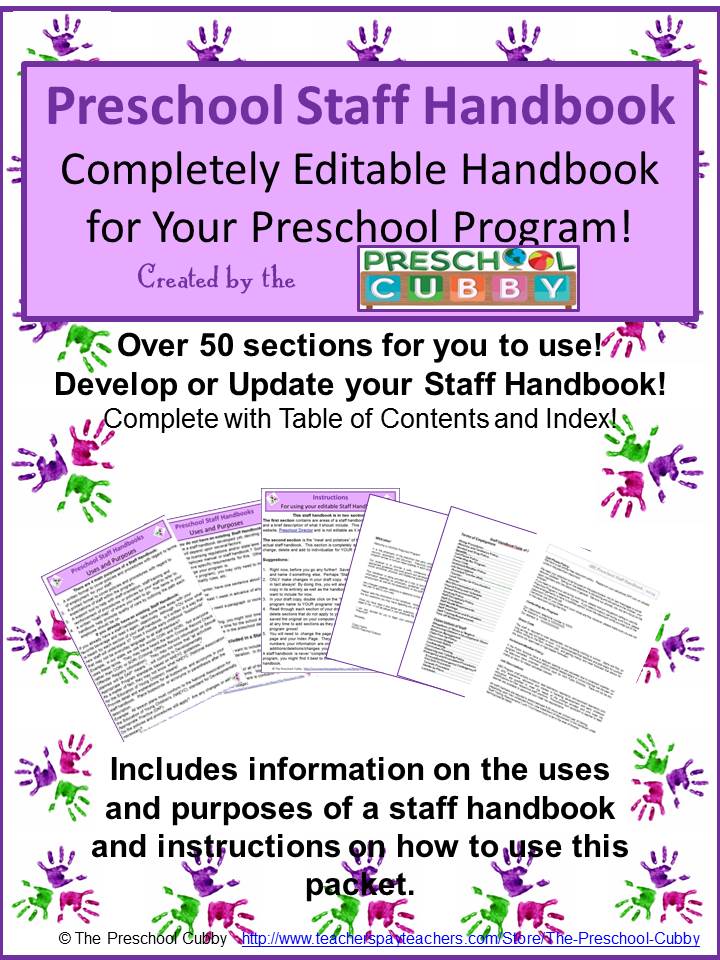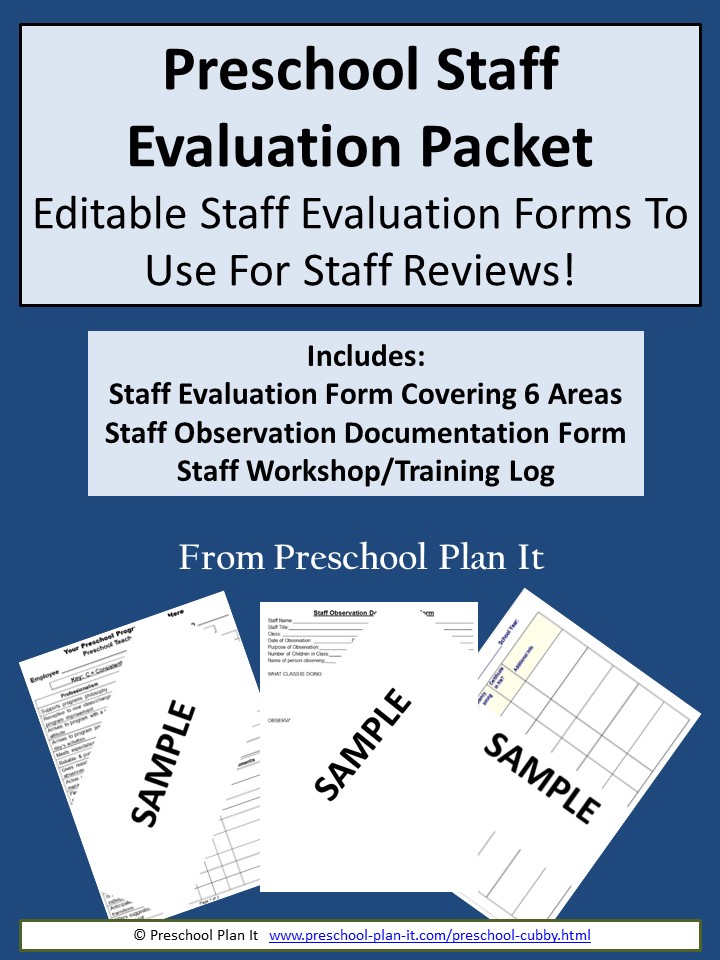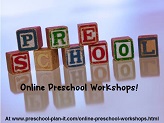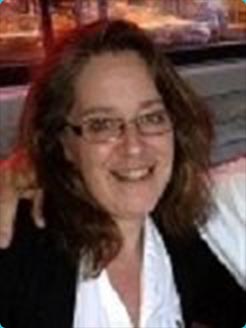- Theme Packs
- Themes
-
Preschool Planning
- Preschool Teachers

Special Needs / Disabilities in Preschool
Special Needs - Disabilities - Developmental Delays.
Our preschoolers represent a varied range of growth and development.
What if you suspect more than an individual growth and development progression?
A Word About the Words:
Special Needs or DisabilitiesI had a very pleasant discussion with a college student who is studying in the field of Early Childhood Education. She also has Autism.
She pointed out that the phrase "special needs" can be extremely offensive and sets others up to look down upon children or even to consider that they are not worthy of the same education as others.
She reminded me that the word disabled or disabilities is a much more acceptable term (for example, there is the Americans' with Disabilities Act (or ADA) and I.D.E.A. uses the term "diabled" rather than "special needs").
About two weeks after that conversation, there was a story on the news about a girl who overcame many obstacles in her school years. She also has Autism. She will be starting college in the fall.
During the interview, she told the reporter that she really "hates" when people refer to her or others as "disabled" because she is not "dis" abled, or "un" abled--she just needs a special or different piece of equipment than others need to complete certain tasks.
And you know what? Both of these young women are correct. A word can be helpful or hurtful-it is all in the intent of the user. I use the phrase "special needs" for a few reasons:
- The phrases "special needs" and "special education" are the common search terms used by most early childhood educators when searching for online"
- It is the name of the basic introductory courses most of us take in our degree programs as well as the in the titles or descriptions name of their corresponding textbooks:
An Introduction to Young Children with Special Needs: Birth Through Age Eight
Opening Doors: An Introduction to Inclusive Early Childhood EducationPlease know that on this website, the goal is to provide teachers with the help they need to provide activities to preschoolers.
KNOW the Basics of Preschool Growth & Development and KNOW Them Well
What our training qualifies us to do is to observe and document and then present families with our concerns if a child appears to not be within the typical range of development in a specific area.
What our training does NOT qualify us for is to make a suggestion to a parent of WHAT or WHY we think their child is not within the developmental norm. That is called diagnosing, and that is the job of those specifically trained in those areas.
Our role in the area of special needs is to recommend or refer a parent to the appropriate specialist.
The lines to be drawn in our profession can become blurred for us because so much experience with so many children (or with issues with our own children) seem to make it clear to us that this child has _______(fill in the blank with a diagnosis...ADD, Sensory Disorder, Speech Disorder)...and ...you may be right, but for all you know, you may be wrong... (Lyrics from an old 80's song ringing in your head?!!)
Developmental disorders and developmental delays are two different things.
A developmental delay is just that: a delay. Each child develops at their own pace. Some issues can cause further delays, but generally speaking, the issue is a delay in that developmental area.
A developmental disorder is different. It is when an area (or areas) of development are disrupted. This can happen for a myriad of reasons that we, as early childhood educators, are not qualified to diagnose.
Delays and Disorders can affect different one or more areas of development:
- A child with an apparent gross motor issue may actually have a vision problem.
- A child with an apparent speech issue may have a hearing problem.
- A child who we may see as "overly shy" may have a sensory problem.
The thing is...we don't really know. I encourage all of us to remember that our role is very clear and very important.
Parents and yes, even specialists, count on us to know what we are trained to know: typical growth and development for the ages we care for.
They count on us to speak with parents and offer a referral to a specialist when we see that a child is not within that typical range.
Finally, and most importantly, they count on and expect us to NOT take it upon ourselves to "diagnose" children.
This section is dedicated to addressing basics of growth and development issues and concerns and what we, as teachers, should and should not do in each case!
Go to Preschool Plan It's Home Page


Hey there! Welcome to Preschool Plan It! I’m Cheryl, a preschool teacher of over 20 years.
I KNOW, I know, you spend hours of time developing your preschool themes, activities and preschool lesson plans each week. You are commited to planning preschool themes and activities that are engaging hands-on, interactive, fun AND meet the goal of supporting each child’s level of growth and development.
I am commited to providing you, the preschool teacher, with everything you need to develop preschool lesson plans and preschool activities for your classroom all in one place!
READ MORE
Join My Free Preschool Teacher Tips Newsletter
You’ll receive a weekly email with planning tips and teaching ideas.
You'll also receive (on the 1st of each month) a free theme starter pack with some printables and activity ideas to get you started planning a theme!Join Now and Get Your First Theme Right Away!
© Copyright 2010-2025 Preschool-Plan-It.com | All Rights Reserved | Privacy Policy & Disclaimer
- Preschool Teachers
